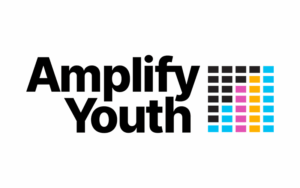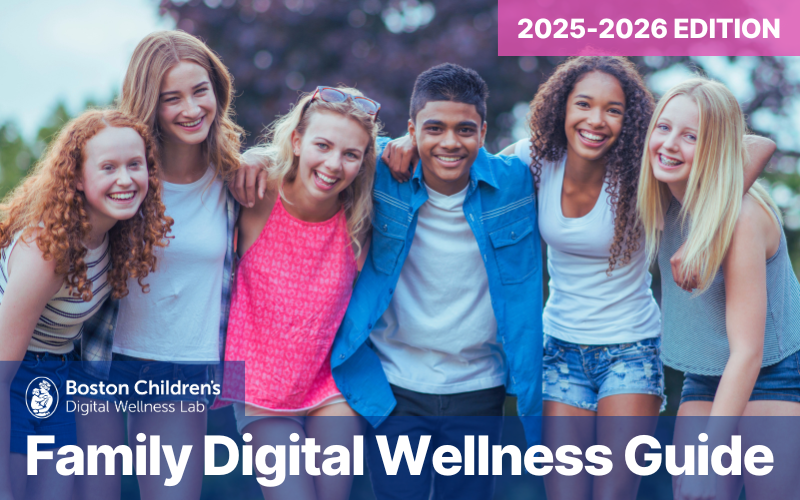Looking Ahead: Emerging Research Priorities
Pulse Surveys
- Self-Regulation Strategies: Investigate how teens and young adults manage their own tech use and view tools designed for digital wellbeing.
- Parenting in the Digital Age: Understand the types of parental support and regulation that foster healthy media use and avoid problematic use.
- Avatars and Youth: Explore how young people choose avatars in gaming and social platforms, and the internal and external factors shaping those choices.
- LGBTQ+ Online Support: Examine how LGBTQ+ youth build community and access support online to inform mental health interventions.
- Social Media Design Spaces: Analyze teens’ engagement with specific social media functionalities and ecosystems for more nuanced design recommendations for wellbeing.
- Parasocial Connections with AI: Study how teens form emotional bonds with, and seek advice from, AI chatbots.
Long-Form Research
- Positive Uses of AI: Investigating how teens and young adults use generative AI to boost learning, creativity, and productivity, in order to inform the design of healthier, more effective tools.
- Parenting Practices & Media Use: Exploring the sources of tension between parents and children around media use, including how parents access guidance on healthy habits and use monitoring or safety tools and how children’s digital media use varies based on the type and extent of parental controls in place
- Enhancing Care for Youth Experiencing Problematic Media Use: Building on our creation of a clinical screener for problematic use, we will test a larger scale clinician training of the use of the screener and implementation of associated brief intervention.
- Online Safety for Vulnerable Youth: Studying the risk and mitigation of online exploitation among children and teens who face additional vulnerabilities due to functional impairments or other similar factors.
- Problematic Media Use Across Cultures: Applying the PCPOT (Person, Context, Process, Outcome, Time) model to international case reports to examine cross-cultural patterns, drivers, and impacts of problematic media use.
- Storytelling Media Use: Using youth-created story techniques to document real-time media use among children and teens, aiming to better understand their experiences and co-create narratives that reflect their needs and realities.
If your organization is interested in becoming involved as a financial supporter, please email our Executive Director, Cori Stott.
Funding disclosure: The work of the Digital Wellness Lab is made possible through the generosity of individuals, foundations, and corporate supporters. These organizations provided unrestricted research funding and were not involved in the design, analysis, or reporting of our research. Learn more about our supporters here.








